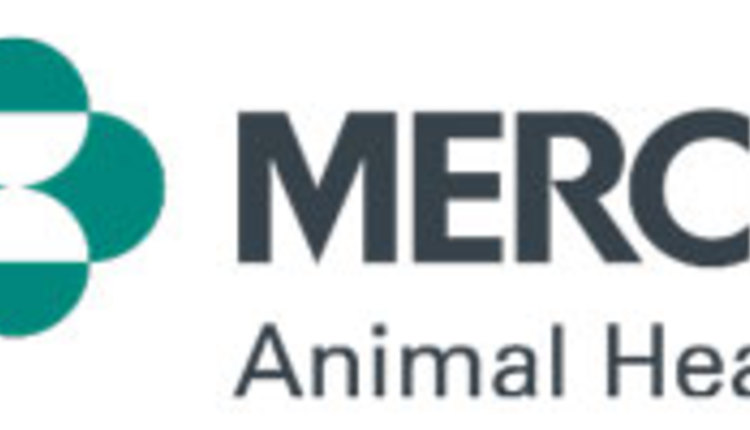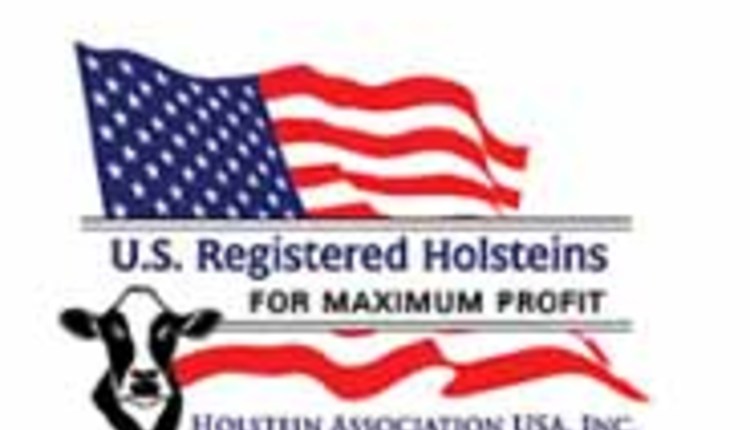Of the questions our staff has fielded from readers over the past year, A2 milk would rank among the most frequent. While nearly no effort has been made by patent holders to market the unique dairy concept stateside, the topic continues to draw considerable interest among farmers who read internet reports and keenly follow genetics. Some peer-reviewed research indicates that the A2 milk protein might be more easily digested by the human body. That in turn would make cows that produce A2 milk more valuable. Is the concept internet legend or does it hold promise?
The A2 milk movement centers around protein. Beta-casein comprises about 30 percent of the total protein found in cow's milk and it can be classified into two groups - A1 and A2.
Cows with two copies of the A1 gene produce exclusively A1 beta-casein milk. Those with an A1-A2 pair produce both caseins, while cows with A2-A2 genetics produce exclusively A2 milk. Of course, the A2 gene has a smaller frequency, meaning it is more rare. Over 70 percent of Guernseys have the double A2 gene; after that percentages fall off rapidly in other dairy breeds.
Blind trials have found that humans drinking milk bottled exclusively from cows producing A2 milk were less susceptible to bloating and other stomach discomfort, reported the European Journal of Clinical Nutrition. Because of this, and other modes of action, A2 milk might also be more valuable for infant formulas and other health foods. So why isn't the product available in the U.S.?
That is where marketing and science collide. The Oceania-based "A2 Milk Company" holds 11 U.S. patents on the genetic tests and product claims focused on milk free of A1 beta-casein. The last of those patents expires in 2034 and hence that organization has a lock on the A2 market.
Due to its geographic location, the publicly-traded A2 Milk Company has focused its efforts mainly in Oceania and Asia. In Australia, where the fledgling company has sunk a great deal of its marketing focus, the product has garnered 9 percent market share in the fluid category in a relatively short time, according to The Sydney Morning Herald. That same August 2014 article also reported that the company planned a U.S. launch over a three-year period.
While fluid milk sales and cattle genetics centered on A2 could have excellent potential, no effort will ever get out of the starting gate without a license and marketing agreement from the A2 Milk Company. That makes the idea real but its potential problematic in the U.S.
This editorial appears on page 598 of the September 25, 2014 issue of Hoard's Dairyman.
The A2 milk movement centers around protein. Beta-casein comprises about 30 percent of the total protein found in cow's milk and it can be classified into two groups - A1 and A2.
Cows with two copies of the A1 gene produce exclusively A1 beta-casein milk. Those with an A1-A2 pair produce both caseins, while cows with A2-A2 genetics produce exclusively A2 milk. Of course, the A2 gene has a smaller frequency, meaning it is more rare. Over 70 percent of Guernseys have the double A2 gene; after that percentages fall off rapidly in other dairy breeds.
Blind trials have found that humans drinking milk bottled exclusively from cows producing A2 milk were less susceptible to bloating and other stomach discomfort, reported the European Journal of Clinical Nutrition. Because of this, and other modes of action, A2 milk might also be more valuable for infant formulas and other health foods. So why isn't the product available in the U.S.?
That is where marketing and science collide. The Oceania-based "A2 Milk Company" holds 11 U.S. patents on the genetic tests and product claims focused on milk free of A1 beta-casein. The last of those patents expires in 2034 and hence that organization has a lock on the A2 market.
Due to its geographic location, the publicly-traded A2 Milk Company has focused its efforts mainly in Oceania and Asia. In Australia, where the fledgling company has sunk a great deal of its marketing focus, the product has garnered 9 percent market share in the fluid category in a relatively short time, according to The Sydney Morning Herald. That same August 2014 article also reported that the company planned a U.S. launch over a three-year period.
While fluid milk sales and cattle genetics centered on A2 could have excellent potential, no effort will ever get out of the starting gate without a license and marketing agreement from the A2 Milk Company. That makes the idea real but its potential problematic in the U.S.











